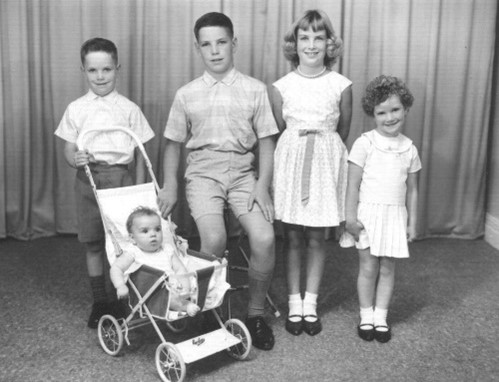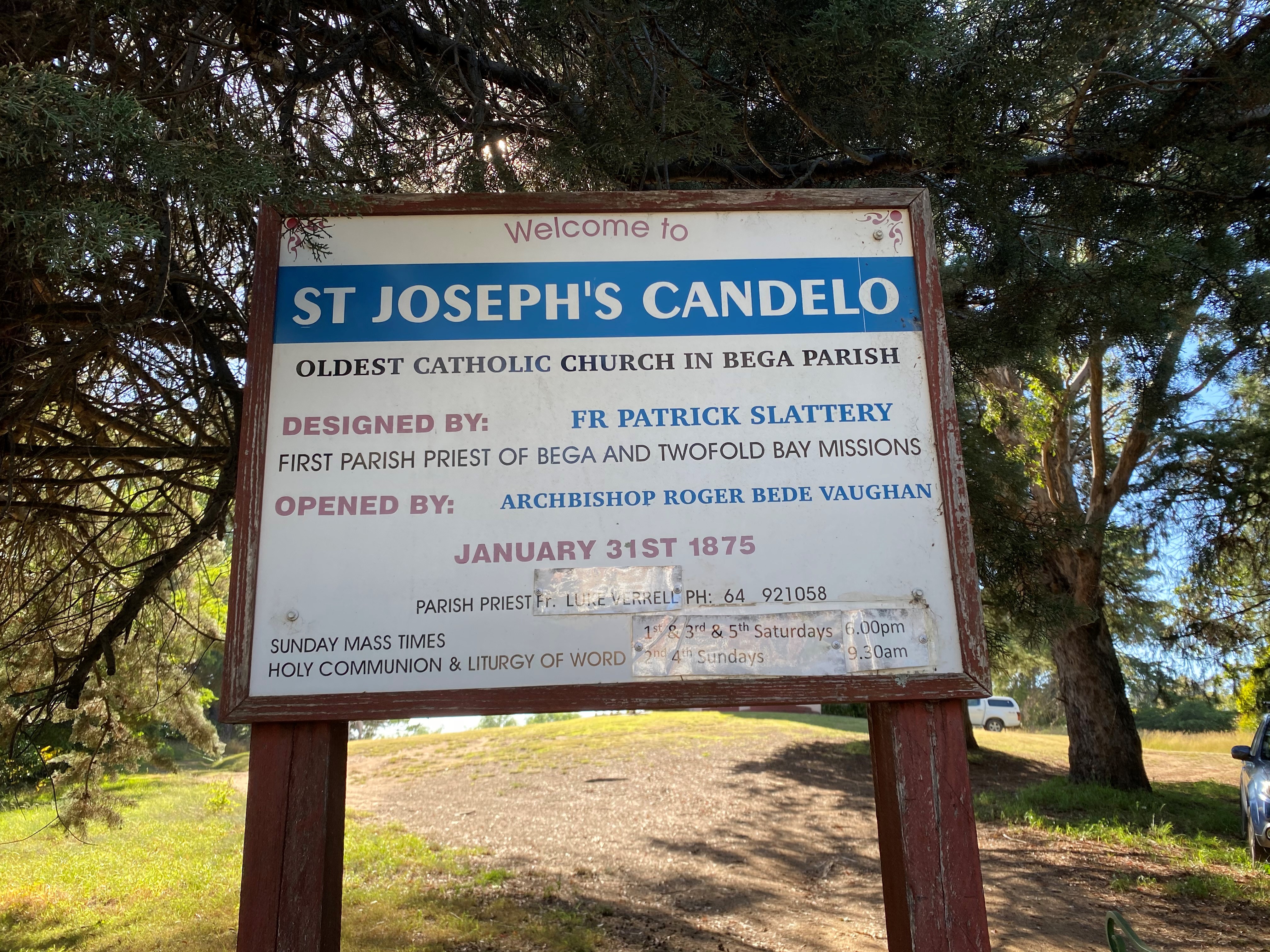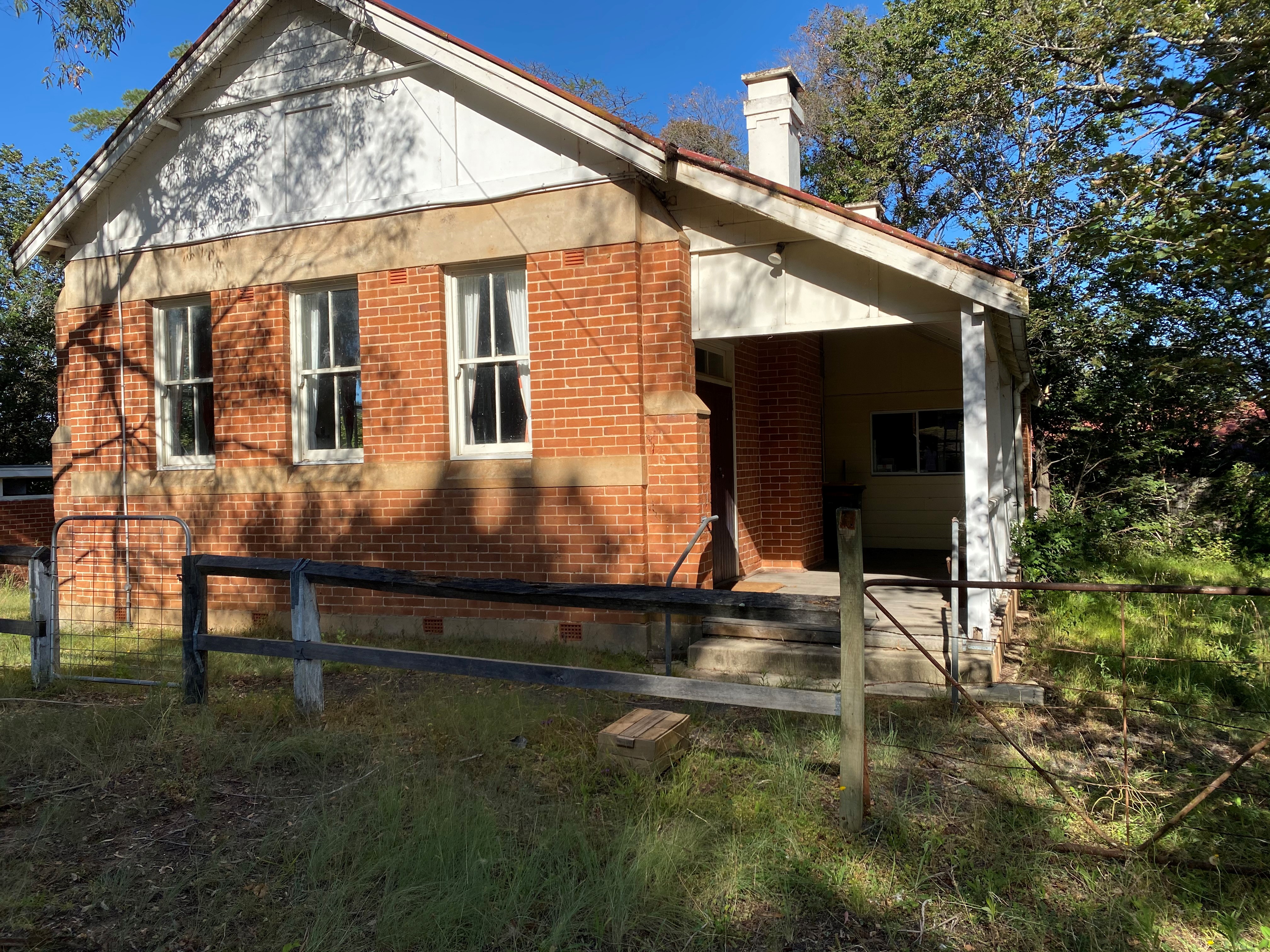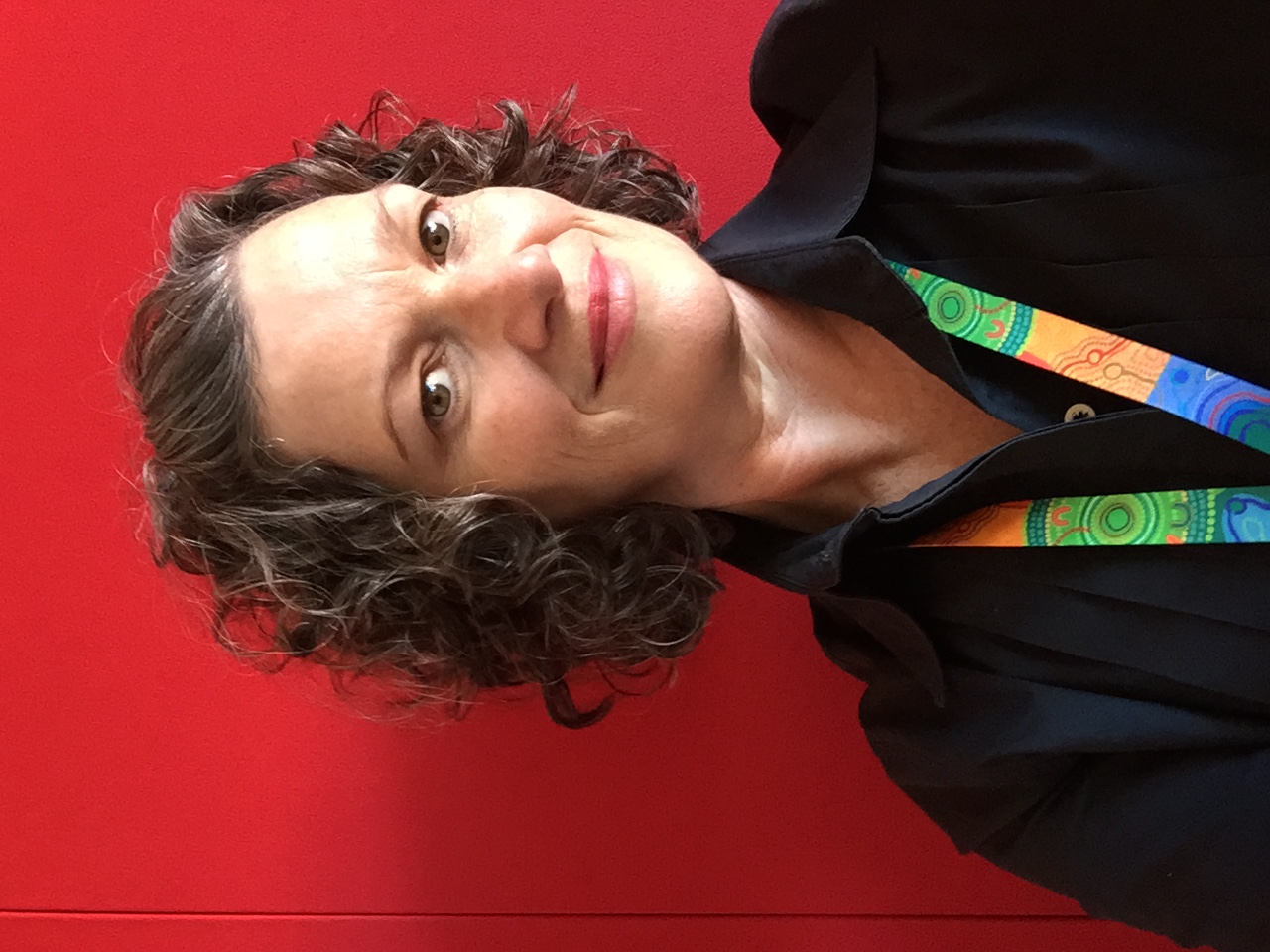The National Centre for Evangelisation recently connected with Jenny Collins-White, who is based in Sydney and works with Catholic Mission. Jenny is currently the Manager, Mission Formation and the Program Manager, Schools and Advocacy. Jenny’s story is one that speaks to the pain of losing a sibling, the joys of parish life after Vatican II and a deep commitment to social justice.
Could you share with us a little bit about yourself and your family?
I was born in Bega and my family were dairy farmers and had been for generations. We all benefited from the education provided by St Mary of the Cross MacKillop as we attended St Joseph’s Convent School at Candelo, which she established in 1898.
My world was Catholic, I didn’t know any other; my friends were mainly my relatives as nearly everyone was related there. My childhood until the age of six was pretty idyllic really: the freedom of a country life with animals all around and wide, open spaces to explore created a great sense of wonder at the world. Of course, I had no idea of the stresses and challenges my parents faced. The overwhelming feelings I had at this time of my life were of being loved, safe, free and belonging to a broader community, from the little village shops to Mass on Sunday, football, to playing with my cousins. Mum was also a great cook and made our favourite treats like ginger slice. I’ll never forget that flavour!
But the idyllic life was shattered when my eldest brother was killed in a shooting accident at the age of 13 and our world fell apart. Aged six, I had no idea what had happened. The only time I understood was when I attended his funeral and he was in a big wooden box which was going in the ground. I also understood because my mother was so sad, distant and not present to any of her other four children who were also grieving. All I knew when she was crying was to put my arms around her and try to make it better.
This event shaped our lives to this day, we ran from our home to the city and left a path of pain and grief behind. Whoever thought a town could hurt so much? We hear from those who remained just how hard it was to lose my brother and then our whole family within the next two months after his death.
Could you share with us a little bit about your Catholic journey?
 The thing that I had known Catholic to be was my community. It’s where I received my education, where I found my friends, where I went to Mass, prayed and sang, which I loved. I could see how important it was to my parents, especially my father, who had always expressed a deep faith.
The thing that I had known Catholic to be was my community. It’s where I received my education, where I found my friends, where I went to Mass, prayed and sang, which I loved. I could see how important it was to my parents, especially my father, who had always expressed a deep faith.
After my brother died, it became increasingly important to my mother and every night the whole family would pray the Rosary on our knees. This made a deep impression as I didn’t really understand why, and it was something we endured. My education was all Catholic schools in the city and I participated as expected, trying to do the right thing, but it was always the hymns and music that I loved the most.
When I was 15, we formed a youth group with our local ‘girls’ and ‘boys’ schools, run by a recently ordained priest. It was the 1970s and the spirit of Vatican II was breathing through the Church. This priest was challenging the old order and encouraged us to organise the liturgies. I played guitar and we started singing songs that would be considered pop with a Christian heart, such as Try a Little Kindness.
 Church began to make sense to me in a new way. I could see all of us were really called to live in ways to make the world a better place and that Mass was a way to prepare us for this work and share this commitment together, to remind us of the ways to achieve this. I still remember the most profound and perfect experience of the divine was on a youth camp organised by this young priest where we celebrated Mass around a campfire. I remember thinking “this is how it should always be”.
Church began to make sense to me in a new way. I could see all of us were really called to live in ways to make the world a better place and that Mass was a way to prepare us for this work and share this commitment together, to remind us of the ways to achieve this. I still remember the most profound and perfect experience of the divine was on a youth camp organised by this young priest where we celebrated Mass around a campfire. I remember thinking “this is how it should always be”.
What sort of work and ministry have you been involved in/passionate about?
My personal family experience and the Church call both formed my futures choices. In my family I wanted to make things better to help my mother heal, as she carried her grief with her and didn’t work through it on any level. We were never allowed to talk about the life we left behind or my brother as it would upset my mother, so we all grieved in silence and paid the price of “unprocessed” grief through our lives and our relationships.
The thinking at the time was “they are just kids, they’ll get over it”, but we didn’t, and the scars are all too visible now that we are all in our 50s and 60s. This personal experience, plus this desire to remedy injustice, led me to choose social work as my first degree. This degree helped me explore how systems worked and power operated, usually in favour of those with more opportunity and privilege.
As a social worker, you can focus on the personal level or focus on the community/policy/systems work; of course, I chose the community focus, echoing those early life lessons about the importance of community. Throughout my young adulthood I continued to engage in Church and music even though I disagreed with many Church practices, such as the limited roles assigned to women. I guess I could always see the potential of the Church as a leader for good in the world. I could also see how much it meant to people in their deepest selves and how it created spaces of community, welcome and belonging for many who needed support. I wanted so much for the Church to realise its potential as a force for good in the world that I came to work for Catholic Mission in 2001 and I am still there 20 years later.
My parish work involves coordinating music ministry, where we encourage other Catholic traditions such as the Fijian and Zimbabwean Australian communities to join our parish on different Sundays of the month to share the richness of their cultures and faith practices. My official role at Catholic Mission is overseeing our formation programs, which encourage adults and students to open themselves up to new encounters and perspectives beyond themselves and to provide opportunities to reach out to the most marginalised, putting their “faith in action”.
What is it about your Catholic faith that calls you to do what you do?
The life of Jesus was all about action and standing for what he believed, no matter the cost. Following his path, I’m called to do the same.
How comfortable are you talking about your faith with others, and how do you approach it?
My job and my work in my parish, where I’m part of a social justice group, call me to speak about my faith. I speak about it in a way that is true to my faith experience. Everyone has a different way to faith and each path is to be respected. Much of the theological language we use needs to be unpacked before it can be understood. Finding the right language to reach different audiences is a challenge; actions, however, speak in their own unique way. One of the programs I’m engaged in is as a mentor of recently arrived families who are Syrian and Afghan refugees. In such situations, the only appropriate language is action, not words.

If you seek to be the best version of you that you can be, then you are living out your purpose and fulfilling your “call”.
Words and Images: Jenny Collins-White
1. Jenny with her siblings
2. Candelo parish sign
3. Candelo school



